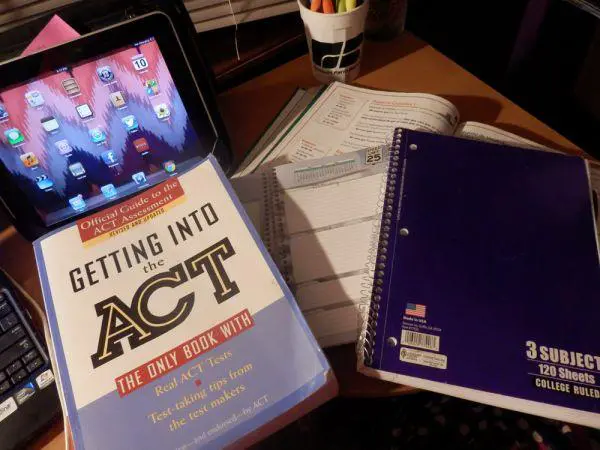A week after a 17-year-old Muslim youth was stabbed to death on a train from the northern Indian city of Mathura to the national capital, large number of Indians, mostly majority Hindus, came out in great numbers to protest against lynching murders by self-appointed cow vigilantes in the country.
Spontaneous rallies marked the week gone by, just a day after Junaid Khan's murder, calling on the Indian government to end violence that they perceived to be against the values that define the Indian society and people.
While many see the killings as an act of polarisation and attempt to divide the two religious communities, it is the Hindu community that is speaking out in strong voices against lynching by the cattle mob despite cow being considered a sacred animal by them.
The protest, referred to as "Not in My Name", brought citizens together who were indignant at the cold-blooded killings of men, mainly Muslims who have been attacked and murdered in full public view over rumors of either being beef-eaters or having stored the meat.
In most of these cases, rumors were made to incense a mob that carried out the killing in full public view.
"It is beyond understanding as to how a mob can attack an individual over his or her eating habits, which are mainly cultural. India is a land of several cultures and imposition of one homogenous cultural practice is not possible. Besides, a murderous assault on a young boy points to weaknesses in our state and civic system," said Prof M.K. Das of Delhi University.
Similar voices have been raised across the country by people who are holding the government responsible for shielding the cow slaughterers and not raising voice on the issue. This forced Prime Minister Narendra Modi to speak up on the matter, condemning cow vigilantism and making it clear that nobody had the right to take the law in his hands.
He invoked pre-independence icon Mahatma Gandhi, the Father of the nation, to disapprove of the violence in the name of cow protection by self-appointed cow vigilantes. A short while after the statement was made, another man was killed in the eastern state of Jharkhand for allegedly carrying beef and his van was set on fire before the nature of the meat could be ascertained.
"These sort of killings points to two issues in the country. First, people are being easily swayed into believing that violence is alright and self-righteous. Secondly, violence against minorities is being dismissed as casual but it is increasing in manifold number especially since last few years and it is time we take action about it," said Purohit Pradhan, a political commentator based in Delhi.
The trend is definitely worrisome, if the numbers are anything to go by. As per data released by IndiaSpend, which carries out content analysis for English media, Muslims were the main target of violence centered around beef issues between 2010 and 2017, with 28 persons killed in 63 incidents. Twenty-four people killed out of the 28 were Muslims.
It further reported that 97 percent of beef-related violence was carried out after 2014 when Modi's Bharatiya Janata Party (BJP) came to power. Of the 63 cases reported, 32 were from the states where the BJP ruled.
In a grim information, IndiaSpend reported that 20 of these cow-terror attacks were reported in the first six months of 2017, a rise of 75 percent as compared to 2016 which was said to be the worst year for such a violence since 2010.
The assaults were grievous in nature and ranged from mob lynching, attacks by vigilantes, murder and attempt to murder, harassment, assault and gang rape. One of the worst cases of the attack has been the lynching of 50-year-old Mohammad Akhlaq, who was killed by an enraged mob in a place called Dadri near the national capital on September 28, 2015, after being accused of slaughtering a cow and consuming its meat.
Similarly, in August 2016 in Mewat district of the northern state of Haryana, also close to the Indian capital, a woman and her 14-year-old cousin were allegedly gang raped after being accused of eating beef. Two other relatives were murdered by the mob. While the woman denied eating beef, four men were arrested and charged with rape and murder.
On May 30, 2017, a PhD scholar at the country's prestigious Indian Institute of Technology in the southern city of Chennai was allegedly attacked on the campus for eating beef.
"Despite the rising number of violence related to cow, the political class has never woken up to lynching which is becoming so common now. We did not learn from riots, so common in India, where victims are hurt or killed in mob violence. Since there is no codified law on lynching, it becomes difficult to book the accused and send out strong message to the perpetrators of such crime," said Savita Kumar, a lawyer practising in Delhi High Court.
Moreover, police have been found to be ignorant and even dismissive of the nature of the crime, with the cops registering cases against the victims only in a fifth of such cases.
"It appears that in the absense of tightened laws on cow slaughter, the cow protection vigilantes have developed a sense of confidence that the police will not take action against them. The state and its mechanisms thus become responsible for engraving that confidence in the mob. What is required therefore is political will to put in desired apparatuses in place which make its commitment to the people, especially the minorities, clear," she said.
With the growing voices against cow vigilantism and mob lynching among the majority community, especially its youth, the government cannot afford to abandon or turn a blind eye towards a clearly dwindling social order.
(ASIA PACIFIC DAILY)
 简体中文
简体中文





